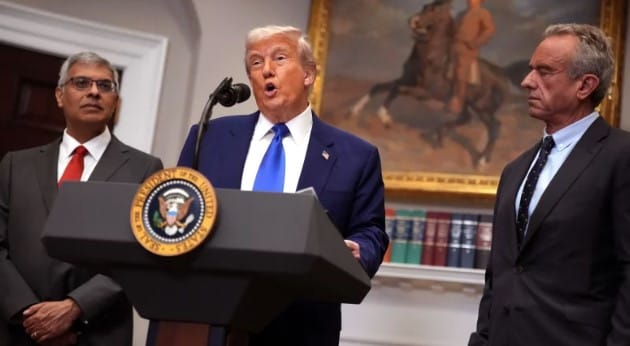President Trump Announces Executive Order to Cut Drug Prices

Introduction
President Donald Trump has announced a sweeping new executive order intended to dramatically lower prescription drug prices for Americans. This order revives and expands a controversial strategy from his first term, aiming to tie what the United States pays for certain high-cost medications to the lower prices paid by other developed countries. The administration claims this bold step will finally address the long-standing disparity that has left American consumers paying far more for life-saving drugs than patients elsewhere in the world. The move signals a willingness to challenge both the pharmaceutical industry and entrenched interests within the U.S. healthcare system. While supporters hail the order as a long-overdue intervention on behalf of patients and taxpayers, critics warn of unintended consequences, legal battles, and potential threats to pharmaceutical innovation.
1. Background: Why Drug Prices Are a Flashpoint
The U.S. Drug Pricing Problem
For decades, the United States has faced criticism for having the highest prescription drug prices among developed nations. Unlike most other countries, the U.S. lacks a centralized system for negotiating drug prices. Instead, a patchwork of private insurers, pharmacy benefit managers, and government programs like Medicare and Medicaid negotiate separately with pharmaceutical companies. This fragmented approach has led to:




